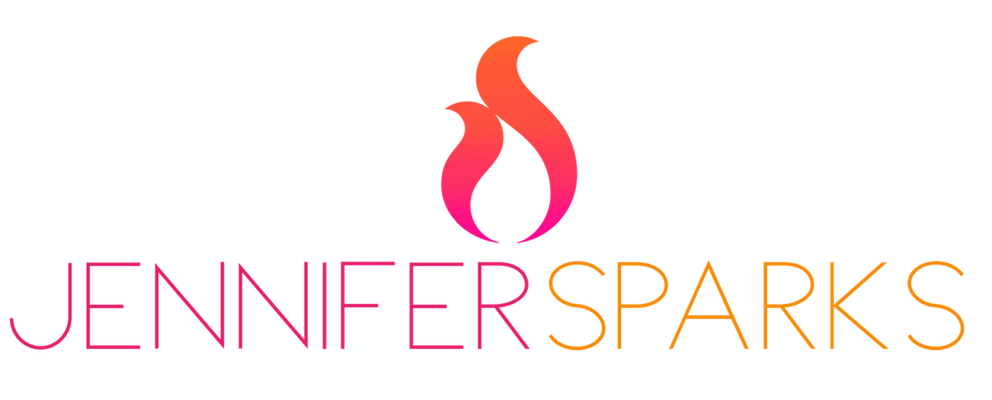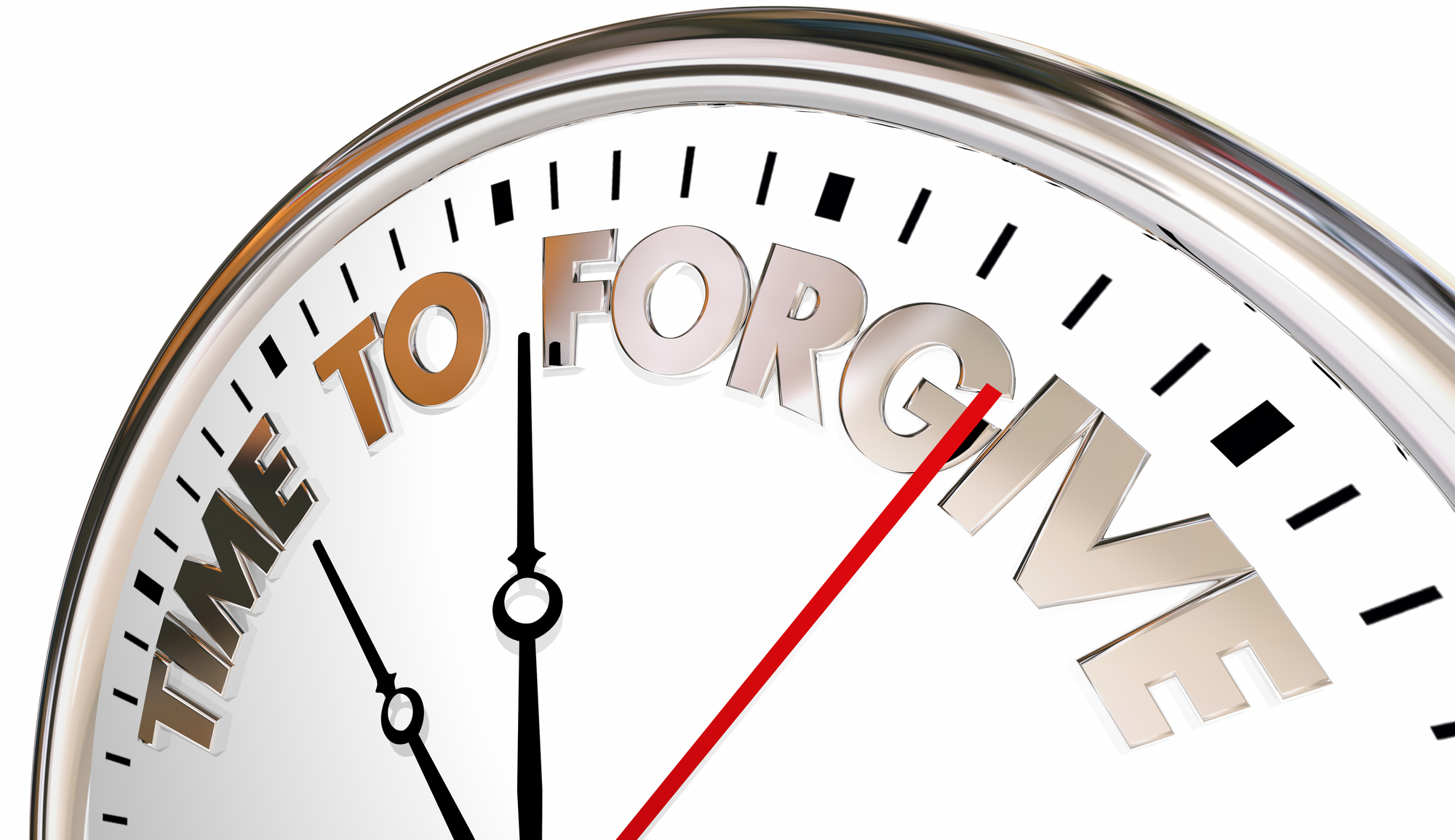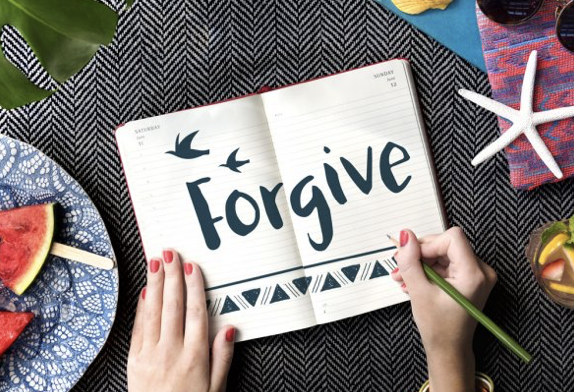Today’s Journal Prompt: Consider your emotional well-being and share your feelings about how your inability to forgive has impacted your mental health –or — your ability to forgive has helped your mental health.
In yesterday’s post we briefly went over some of the negative things associated with ignoring forgiveness. Today, I want to dig a little deeper and take a look at the connection between forgiveness and depression. There are actually two sides to this story. One involves forgiving, or choosing to hold on to a grudge and the other involves feeling like you’re not forgiving. In either case, when there is no forgiveness, the chances of either party ending up depressed are fairly high.
In other words, by choosing to not forgive, you’re not only hurting yourself, but you’re potentially putting the other party involved in a dark place as well. Several U.S. universities have done studies on forgiveness and depression and there seems to be a definite link between the two. The consensus seems to be that when we choose to hold on to grudges and feelings of resentment, we feel less connected and have less room for happiness and other positive feelings and experiences. As a result, depression can creep in. But there’s good news…
Thankfully the connection between forgiveness and depression works both ways. If you’re feeling depressed, think about what you’ve done and what has been done to you in the past. Then work on both giving and receiving forgiveness. Both have a very powerful impact on lifting depression and helping you feel better.
Forgiveness isn’t something that comes natural to human beings. It’s a learned behavior and some of us have spent more time than others in our childhood and as young adults practicing this skill. If you find yourself lacking, now may be a great time to work on your forgiveness skills. Not only will you feel better, you’ll also ward off future episodes of depression.
Actively forgiving someone brings us closer to each other. Since we’re social creatures, we crave and need those connections. They help us work well together and bring us joy and happiness. And the end result is that they can help us lift depression or prevent it in the first place.
What it boils down to is this. You have a choice. You can choose to hold on to grudges and feelings of resentment. You can hold on to anger and pain. Or you can choose to practice and embrace forgiveness, let go of that anger and pain, and in turn make room for much happier feelings. What will you choose? I hope it is a path towards forgiveness.




